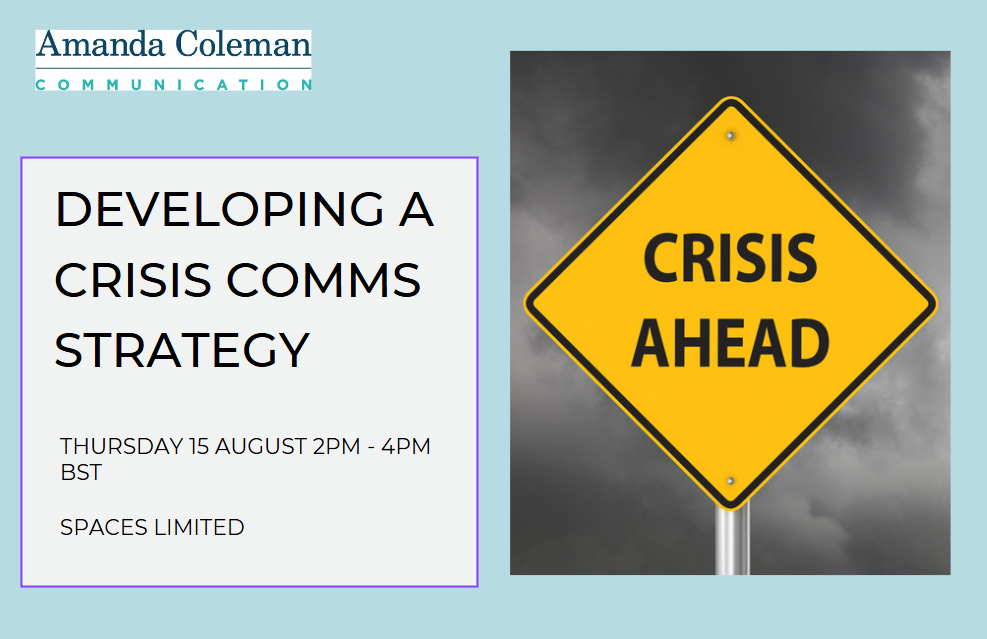New roles, new responsibilities and no time to wait
After a long night with the UK election results coming in it is time to reflect on the importance of crisis training and understanding when there are senior level changes. When there is a new CEO or senior leader, when there is a new head of communication or when there are new members of staff, one of the first things we should do is ensure they understand the crisis response and communication plans.
The reality is that familiarising people with the crisis approach is never on the list of things to do in the early days. But we never know when that emergency, disaster or crisis is going to emerge and organisations can be left vulnerable when there is a lack of knowledge. It is the same risk that happens when plans are written but then never tested, shared and updated.
How can we tackle this problem? Here are three steps to put in place to keep people aware of the crisis plan.
Ensure that all new members of staff receive details of the crisis response plan as part of onboarding or induction processes. This includes being clear about what roles they have and the responsibilities assigned to it.
Discuss and review the crisis response plan on a quarterly basis. This could be part of regular staff meetings but even a 15 minute conversation will help to keep the crisis approach front of mind.
Whenever there are any changes in the organisation, its structure and how it works review and reconsider whether the crisis response and communication are still fit for purpose.
The more we can make these updates, checks and moments to review and revisit plans part of our day-to-day activities the easier it is to be prepared.
Leadership in a crisis
Amanda recently spoke with the Leading in a Crisis Podcast about in a two part discussion about the response to the Manchester Arena terror attack and what we can all learn from the horrific situation. If you are interested listen to the short podcast sessions here.
Next training session
Dates for the next training sessions provided by Amanda Coleman have been updated due to some work commitments. The session on Disaster and Emergency Communication has been postponed so the next session is Developing a Crisis Communication Strategy on 15 August 2024. Anyone due to attend the July Disaster session has been informed and a new date will be found later in the year.
If you are interested in booking a space on the August Developing a Crisis Communication Strategy session get in touch by emailing office@amandacolemancomms.co.uk
In Brief:
The UN Office for Disaster Risk Reduction has published details about the number of people who experienced a disaster with no warning. Find out more here.
The International Journal of Knowledge-Based Development has found that feelings and attitudes during times of crisis affect behaviour. It concludes that governments need to be aware of it before communicating about crisis policies. Find out more here.
American health commissioner has focused on the key role of crisis communication during the Covid-19 pandemic in considering what happened. Find out more about his thoughts here.
HR leaders have a key role to play in crisis management both in the moment and the aftermath according to the author of a book about HR and crisis. Find out details here.
Hurricane Beryl has brought devastation to parts of the Caribbean. The recent established EMEAA published some information as alerts were raised. Find out more here.
You can find out how Venn diagrams can help crisis management in a recently published article by Dan Stoneking. Check it out here.
The latest Testing Times crisis communication case study has been published looking at the E.coli situation and product recalls. A copy is available on Amanda’s website here.
Diary Dates:
On 12 July Amanda will be the guest chair for a SASIG session looking at security awareness programmes within businesses. Find out more about the session here.
On 15 August Amanda will be running the Developing a Crisis Communication Strategy two hour training session. For more information email office@amandacolemancomms.co.uk



